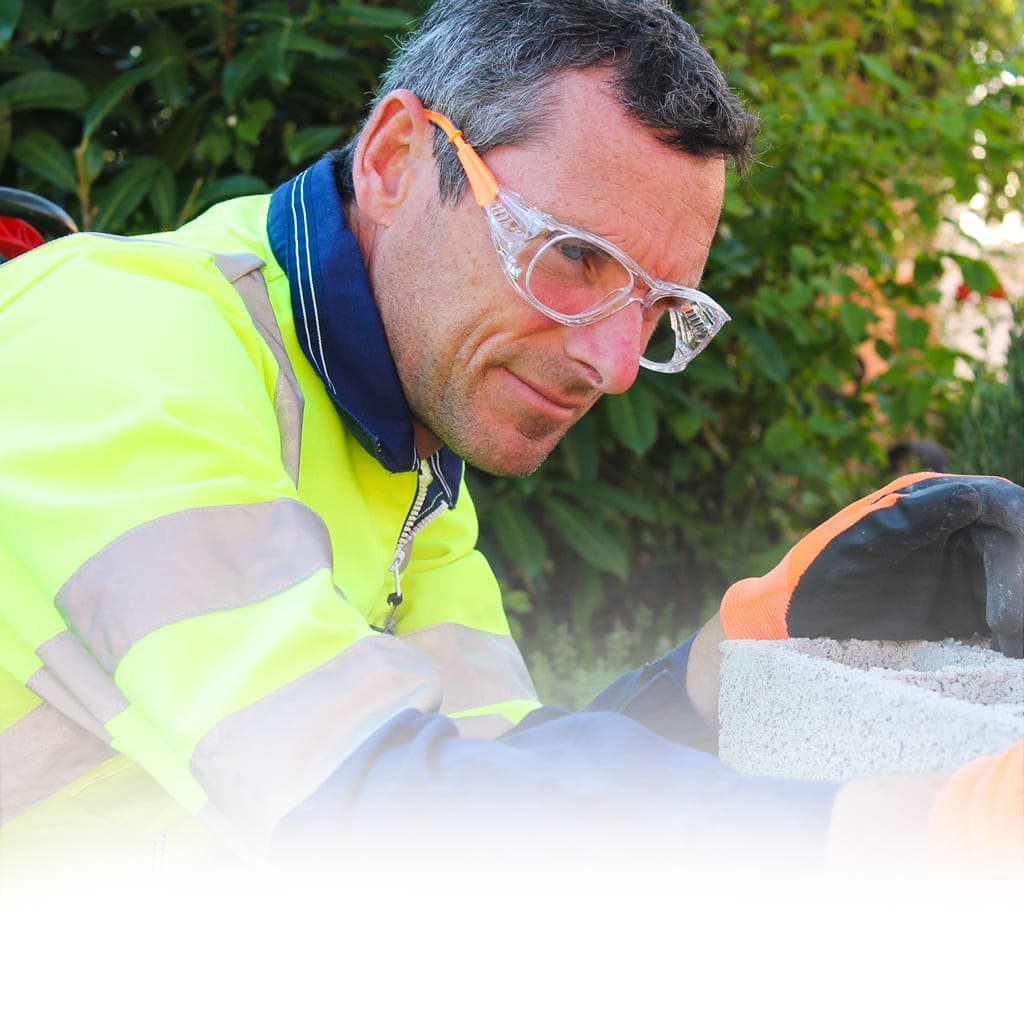Spring is coming. After a long, rainy winter, we're rediscovering the benefits of sunshine, the wonder of blooming flora, and we've wandered through the countryside, the city, the sea, and the mountains.

However, many of us rubbed our eyes, had unpleasant sensations of small stones under the eyelids and this beautiful weekend which promised to be so pleasant was marred by some inconveniences due to allergic conjunctivitis .
This is how, for some, the beautiful spring days end with itchy red eyes and swollen eyelids . For a few unfortunate people, these situations will be extremely serious, leading to anaphylactic shock which can be fatal.
The most forward-thinking had their eye drops. The others had the option of rinsing their eyes with water, but the best was seawater!
These unpleasant and sometimes serious problems come from pollen carried by the wind from some of our most beautiful trees. These include: alder, birch, hornbeam, hazel, chestnut, oak, beech, olive, ash, privet, cypress, willow, and poplar.
To this must be added grasses and pretty flowers such as daisies or marguerites, but also wheat, barley, and nettles. All regions are affected.
Namely, the first pollens are present in the air in March and April, but we find them from May to July. The Rhône-Alpes region experiences problems with ragweed until August and September. This period is therefore quite long.
Due to the range of allergens to which we can be sensitive, we must take measures to protect ourselves as much as possible from airborne pollen during these periods.
Simple actions to combat allergies
What to do?
- Close windows in your home and also in your car in case of wind, do not hang your washing in the garden to prevent pollen from settling there and, above all, avoid other sources of allergies which can amplify the effects of attacks.
- Be careful of dust and dust mites, as well as pet hair and any fruits or food products that you are sensitive to and that cause itchy throats, lips, or even fevers.
- Protect your eyes: wear sunglasses or protective goggles, especially when working outdoors.
- Equip yourself with respiratory masks for gardening: since the COVID period, we all have respiratory masks at home, take advantage of this to also use them for various tasks.
In September, you can begin a desensitization treatment. You should wait until the pollen and grass season is over to begin. In 2 to 3 years, the effects of desensitization will be evident, and after a few years, it will be a bad memory.
Adults and children, more and more of us are prone to these allergy attacks, to pollens, grasses, foods, etc. Our ancestors and the oldest among us were and are less so, because they were confronted with a less immune world. From childhood, they were able to develop protections that we no longer have in our aseptic world.
However, we must take our reality into account and, above all, protect vulnerable people from a certain mass of allergenic attacks while waiting for them to be desensitized.
During this period, the cat should no longer sleep on the bed but in the next room for a while. Above all, do not separate from it! This will not solve anything and will only be gratuitous and irresponsible abandonment.
Get your vacuum cleaners ready! Spring cleaning is in order.


